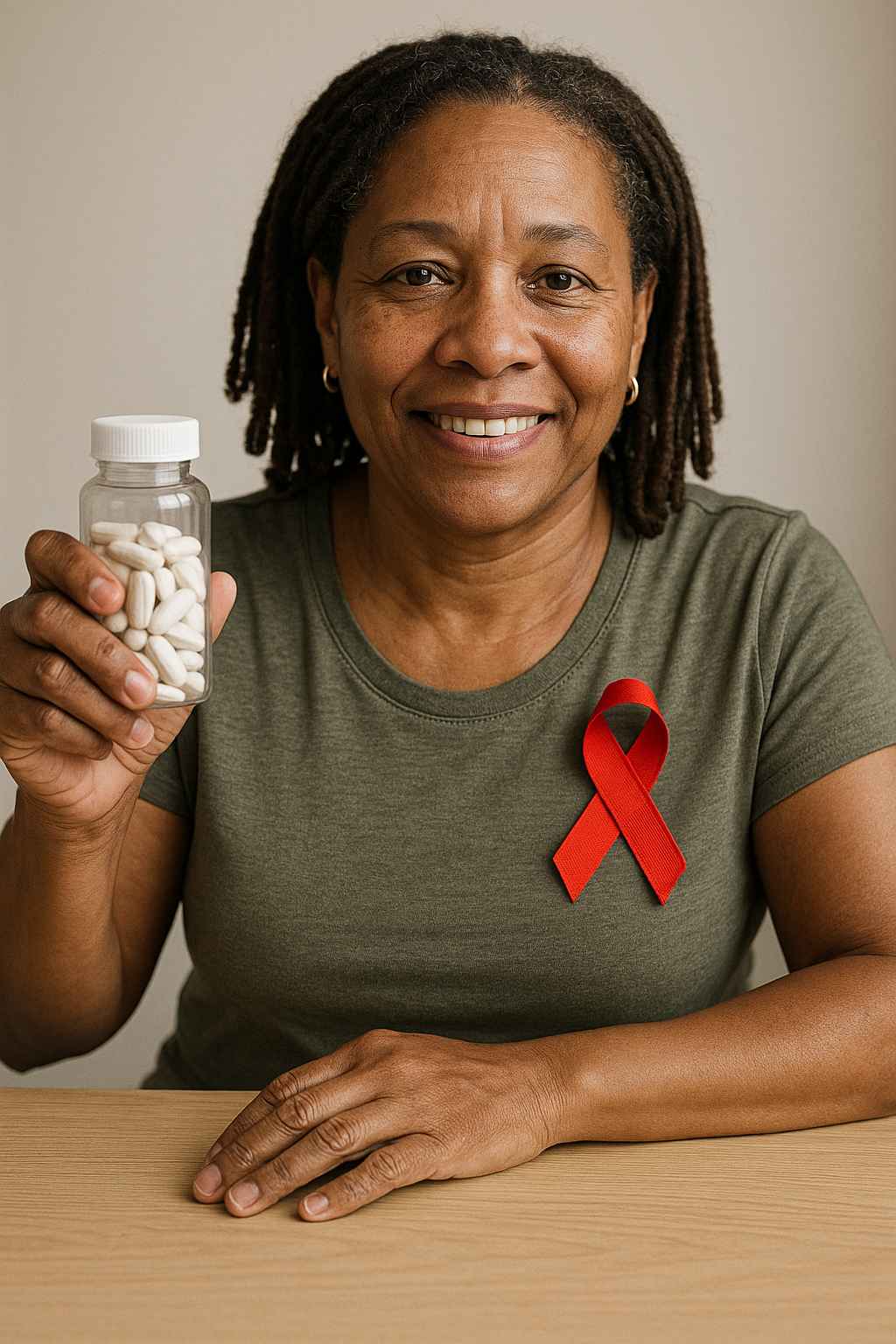Getting diagnosed with HIV can feel overwhelming, but it doesn’t mean life has to stop. Today, millions of people around the world are living with HIV and leading full, healthy lives. Thanks to medical advances and better understanding of the virus, it’s possible not just to survive — but to thrive. Whether you’re newly diagnosed or have lived with the condition for years, this guide offers tools, hope, and practical strategies to help you live well with HIV.
Table of Contents
- Understanding What It Means to Live with HIV
- The Power of Antiretroviral Therapy (ART)
- Daily Habits for a Stronger Immune System
- Mental Health and Emotional Support
- Staying Connected and Seeking Care
Understanding What It Means to Live with HIV
Living with HIV means your immune system is affected by the human immunodeficiency virus. But thanks to breakthroughs in treatment, it’s no longer considered a death sentence. The CDC emphasizes that people who take medications regularly can live just as long as those without the virus.
With early diagnosis and consistent care, HIV can be managed like other chronic conditions. The key is to start treatment as soon as possible and stay committed to your health plan. Today, many individuals maintain undetectable viral loads — meaning the virus is so well controlled it can’t be transmitted through sex. This is known as U=U: Undetectable equals Untransmittable.
The Power of Antiretroviral Therapy (ART)
Antiretroviral therapy, or ART, is the cornerstone of HIV treatment. It involves taking a daily combination of medicines that suppress the virus, protect your immune system, and prevent transmission. ART isn’t a cure, but it can transform HIV from a life-threatening condition into a manageable part of life.
Consistency is crucial. Taking your medication at the same time each day helps keep the virus in check and reduces the risk of drug resistance. Most people today only need one pill a day — a major improvement from decades ago. Talk with your doctor about side effects, dosage, and long-term health monitoring. If you ever miss a dose, don’t panic. Get back on track as soon as possible and communicate with your care provider.
Daily Habits for a Stronger Immune System
While ART does the heavy lifting, your lifestyle choices matter too. Supporting your immune system helps you feel better, fight off infections, and reduce inflammation. Start with a balanced diet rich in fruits, vegetables, whole grains, and lean proteins. Avoid foods high in sugar, processed ingredients, and saturated fats that may tax your body.
Regular physical activity also plays a key role. You don’t need a gym membership — walking, stretching, and low-impact workouts can improve energy and mental clarity. Sleep is equally essential. Aim for 7–9 hours of quality rest to support immune recovery. If you’re struggling with sleep or fatigue, let your provider know. Adjusting routines and treatments can often help.
Avoid smoking, limit alcohol, and stay up to date with recommended vaccines. Preventive care is especially important when you’re living with HIV.
Mental Health and Emotional Support
HIV affects more than just the body. The emotional impact can be just as significant. Feelings of shame, fear, or isolation are common — but you are not alone. It’s important to talk about what you’re going through and seek support.
Therapy, support groups, and online forums like AIDS.org can connect you with people who understand your experience. Mental health services tailored to HIV-positive individuals are available in many communities. Don’t hesitate to reach out — emotional healing is part of your overall well-being.
Also, know your legal rights. Discrimination based on HIV status is illegal in the U.S. and many other countries. You deserve dignity, care, and respect wherever you go.
Staying Connected and Seeking Care
Regular checkups with your healthcare provider are essential. These visits help track your viral load, monitor immune function (CD4 count), and adjust your treatment plan as needed. If you haven’t connected with a provider yet, platforms like Healthcare.pro can help you find HIV specialists in your area or via telehealth.
Don’t underestimate the power of community. Whether you’re navigating insurance, dealing with side effects, or just having a rough day, connecting with others makes a difference. Surround yourself with people who uplift you. Advocacy groups, peer navigators, and nonprofit organizations can offer guidance and friendship every step of the way.
Conclusion
Living with HIV today is not what it used to be. With the right care, support, and mindset, you can live a full, vibrant life. Focus on your health, stick to treatment, seek emotional support, and never be afraid to ask for help. You are more than your diagnosis — and your future is full of possibilities.
FAQ
Can you live a normal life with HIV?
Yes. With proper treatment and care, people living with HIV can have the same life expectancy as those without the virus.
What does it mean to be undetectable?
Being undetectable means the virus level in your blood is so low it can’t be detected by tests — and you can’t transmit HIV through sex.
Do I need to take HIV meds forever?
Currently, yes. Stopping ART can cause the virus to multiply and damage your immune system. Talk to your doctor before making any changes.
Is HIV still contagious with treatment?
If your viral load is undetectable and you stay on medication, you cannot transmit the virus sexually. This is known as U=U.
Where can I get support for living with HIV?
Visit AIDS.org or contact your local HIV support center. You can also find help through community clinics and mental health professionals.
This content is not medical advice. For any health issues, always consult a healthcare professional. In an emergency, call 911 or your local emergency services.




